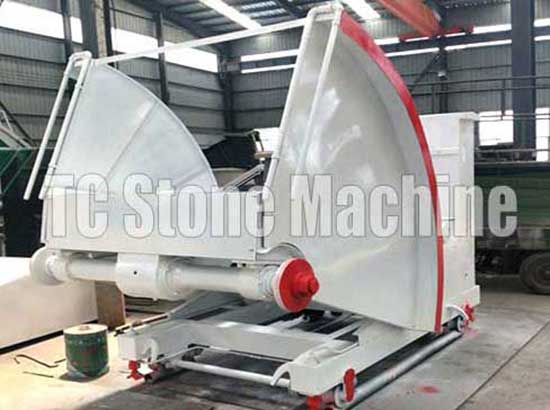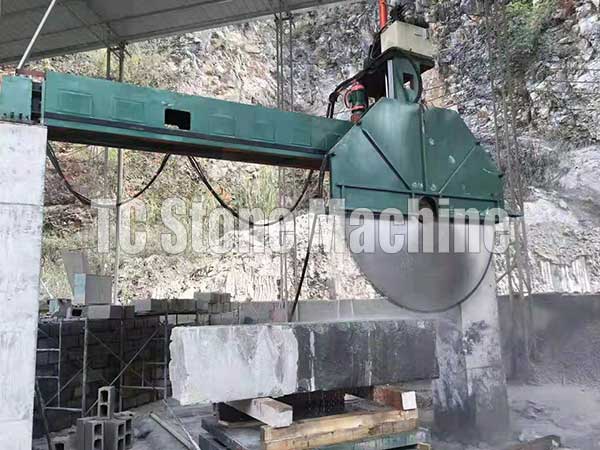Cutting And Shaping Stone
Cutting And Shaping Stone: A Guide to Producing Beautifully-Crafted Stones
Stone has been used in construction for thousands of years due to its durability and aesthetic qualities. However, working with stone requires specialized skills and tools. In this article, we will delve into the world of cutting and shaping stones, exploring the techniques and tools used to produce beautiful, functional stonework.The Importance of Precision in Cutting and Shaping Stone
Precision is key when it comes to working with stone. Small mistakes can have significant consequences, leading to ineffective and unsafe structures. A poorly-cut piece of stone can ruin the aesthetics of an entire project or even cause structural damage. Therefore, precision is the foremost concern when working with stone.Cutting Techniques for Stone
Before starting the cutting process, one should plan out the cuts and markings on stones. The use of pencil or chalk which can be washed off later can be helpful. There are several ways to cut stone including using a chisel and hammer or using a circular saw with a diamond-cutting blade.Tools Used for Cutting and Shaping Stone

 The right tools and equipment are essential when working with stones as it helps to achieve the desired result. These include a diamond cutting blade, hammers, chisels, a stone saw, and a hand-held grinder. The diamond cutting blade is useful for cutting stone tiles or slabs. The hammers and chisels are used for carving and shaping and are available in various sizes.
The right tools and equipment are essential when working with stones as it helps to achieve the desired result. These include a diamond cutting blade, hammers, chisels, a stone saw, and a hand-held grinder. The diamond cutting blade is useful for cutting stone tiles or slabs. The hammers and chisels are used for carving and shaping and are available in various sizes.

Shaping Techniques for Stone
Once the stone has been cut to size through the use of saws or chisels, it can be shaped. An angle grinder with a sanding disc or a diamond grinding disc can be used to achieve the desired shape.Polishing Stone
After shaping, one can start the polishing of the stone. This can be done using a hand-held polisher or a floor grinder with a series of diamond polishing pads. The level of shine desired depends on the end use of the stone.Maintenance of Stone
Once stone has been cut, shaped, and polished, proper maintenance is essential to ensure longevity. This includes regular cleaning using warm water and a mild detergent. Additionally, sealing the stone can be another way to ensure that they remain in good quality throughout the years.Conclusion
Cutting and shaping stone is a delicate process that requires specialized skills and tools. Precision is key when working with stone, and the importance of using the right tools and equipment cannot be overstated. With the right techniques, tools, and maintenance, one can achieve beautiful, functional, and long-lasting stonework that is sure to leave an impression.Request for Quotation
[contact-form-7 id="59" title="Contact form 1"]




